BMW Art Guide by Independent Collectors
Space for the Future
The Vanhaerents Art Collection – Brussels, Belgium
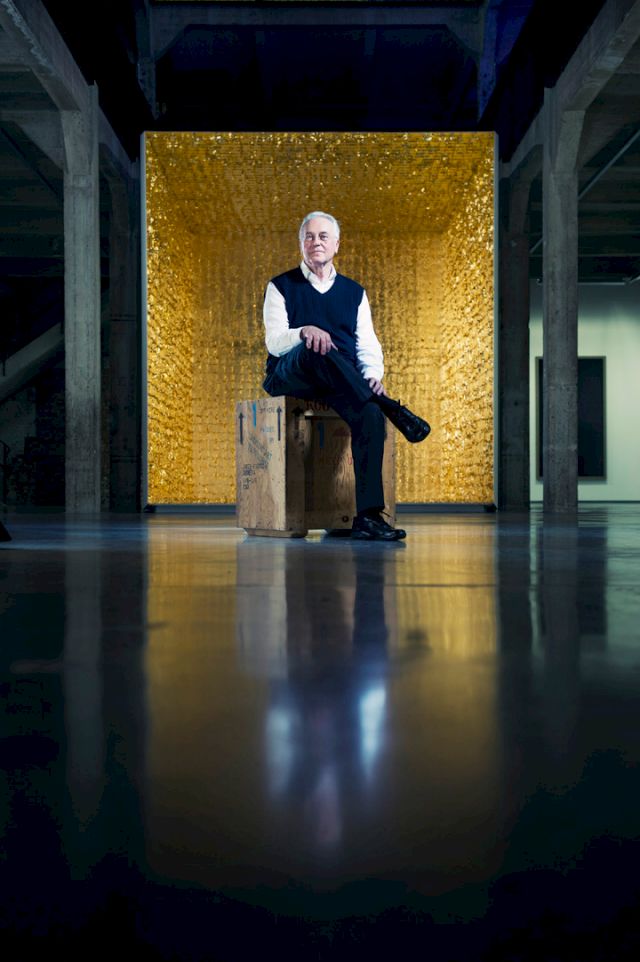
The expression “building a collection” is a familiar one. In the case of the Vanhaerents Art Collection in Brussels, the connection between building and collecting is more than metaphorical. Walter Vanhaerents, the collection’s founder, first became interested in contemporary art in the 1970s when his passion for film lead him to works by Andy Warhol including Sleep (1963) and Lonesome Cowboys (1968). The Warhol films represented an awakening of sorts for Vanhaerents, a successful building contractor, and, since his first encounter with Warhol’s meandering, epic explorations of the possibility of film, he has emphasized a philosophy of collecting that insists on looking towards the future. Visiting the collection, situated among the narrow streets and curving lanes of the center of the Belgian capital, one gets a palpable sense not only of who Vanhaerents is as a collector, but also of the sense of the alchemy created by the interaction art and space that inspires him.
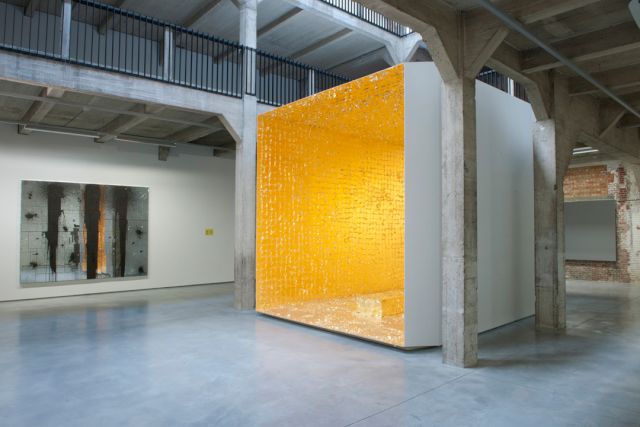
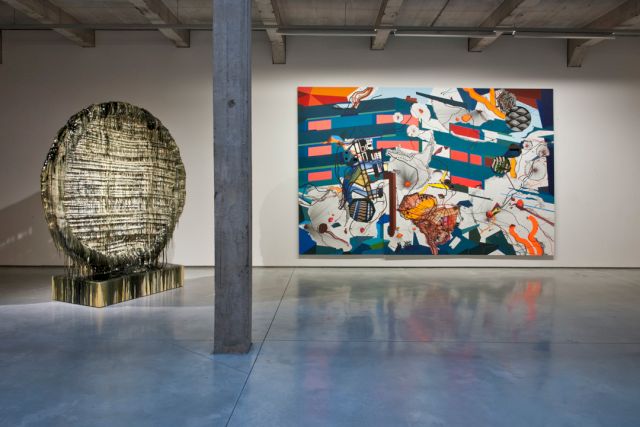
The building in which the collection is housed has an impressive, even imposing solidity. The industrial lineage of the space is apparent inside and out; from the weathered bricks and stone of the exterior, to the expansive floors and sturdy concrete, the site speaks both of its own biography, but also that of Vanhaerents himself. The architect Paul Robbrecht has spoken of using the space as a stage for what he referred to as “a game of old a new walls, a subtle variation of large and flexible spaces.” One feels both the expansiveness Robbrecht identified as one of the building’s most powerfully defining characteristics, but also the strange lightness that the dialogue of walls, pillars and ironwork produces, particularly in some of the smaller rooms created by Robbrecht’s design.
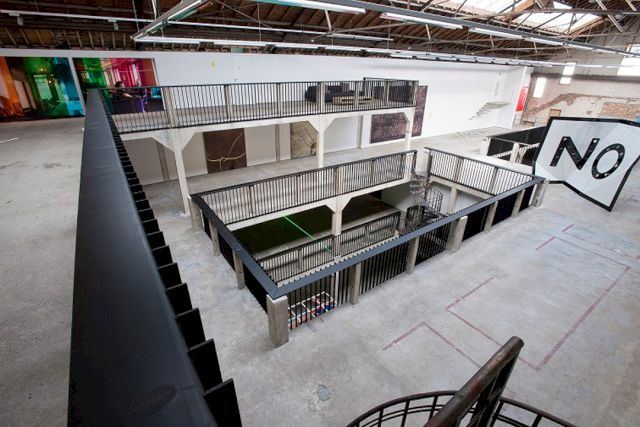
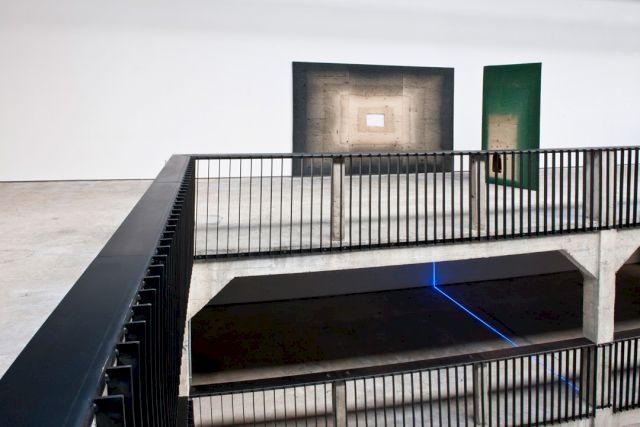
The collection itself bears the traces of Warhol’s influence, and Vanhaerents’ passion for video art, including pieces by Bill Viola and iconic works by the performance artist and sound-art pioneer, Bruce Nauman, among the works from the permanent collection. Perhaps for me the most arresting works were those that engaged most directly with the space itself. For example, the hypnotic James Lee Byars that sits with perfect, almost organic snugness between a set of concrete pillars exerting a ramshackle imperiousness. The eerie light effects created by a pair of Ivan Navarro works were both unsettling and comforting at once, like watching a rainbow being teased apart in a space that suddenly felt as intimate as someone’s bedroom. The Vanhaerents is also known for the spectacular exhibitions that accompany its permanent collection, currently a mind-bending set of works by the Argentinian artist and thinker, Tomas Saraceno. Saraceno’s delicately durable works envision a future of urban spaces that are whole and dynamic but which are only loosely tethered to the earth. “Cloud Cities”, Saraceno styles them, they are the kind of cities one can easily imagine Vanhaerents dreaming of: epic in scale, vivid yet familiar and, perhaps most importantly as concerned with being of the future as well as in the future.
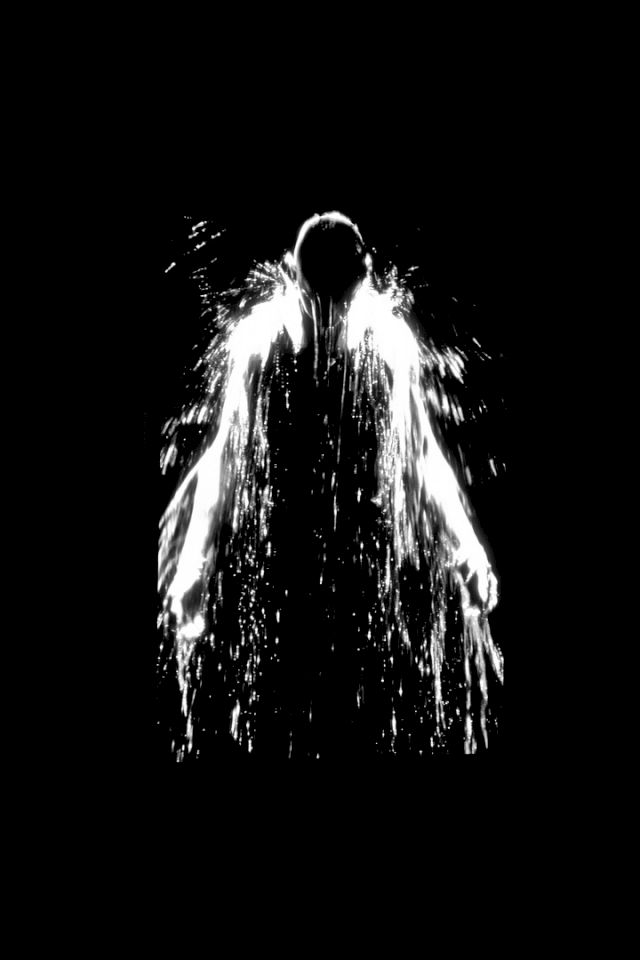
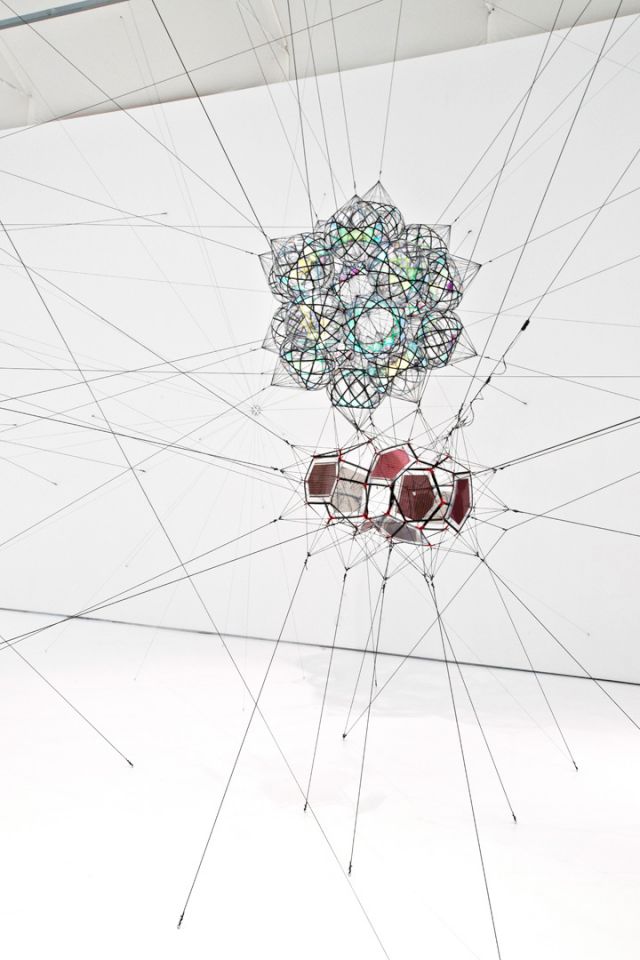
William Kherbek is the writer of the novel Ecology of Secrets (2013, Arcadia Missa) and the forthcoming UltraLife (2016, Arcadia Missa). His art journalism has appeared in a number of publications in the UK, US, Germany, Switzerland and Romania.
All images courtesy Vanhaerents Art Collection, Brussels
More Information on Vanhaerents Art Collection